On September 18, Canadian Prime Minister Justin Trudeau announced before television cameras in parliament that India had been credibly linked to the killing of Hardeep Singh Nijjar. This Canadian citizen had immigrated from the Indian state of Punjab in the 1990s after being arrested in 1995 during a crackdown on Sikh terrorism.
Nijjar arrived in Canada in 1997 on a fraudulent passport and his citizen applications were rejected numerous times. He persisted, though, and gained citizenship in 2007. In 2020, India designated Nijjar as a terrorist, and two years later, India’s National Investigation Agency (NIA) accused him of plotting to kill a Hindu priest in Punjab.
On June 18, Nijjar was gunned down by two masked assailants outside a gurdwara, a Sikh place of worship, in British Columbia. Trudeau blames this killing on India. The unusually public and grave nature of the accusation immediately set off a firestorm of reprisals between the two countries. India and Canada expelled each other’s diplomats, and India has suspended processing of visas for Canadian citizens.
Glenn Carle, a retired CIA officer and Fair Observer’s resident intelligence expert, finds it implausible that the killing could have been a false flag operation or gang activity.
He takes the view that Canada is extremely circumspect in its public statements. As a middle power, Canada’s national interest lies in upholding a lawful and predictable international order. Unlike its superpower neighbor to the south or other great powers, Canada is not served by flouting this order. Nor is it given to making unfounded or false statements for some kind of Machiavellian advantage. Carle believes that it is inconceivable that Trudeau would have gone public with the accusation unless he was absolutely sure. It may well be that the evidence may not be enough to secure a conviction in a court of law, but from an intelligence perspective, this evidence is as certain as one could reasonably expect.
So, Canada is acting as a liberal, Western middle power naturally would act. Carle points out that what is really interesting is how India is acting. This is not the sort of behavior that we have seen from India in the past. In the past, India has only ever carried out killings or assassinations in its immediate neighborhood. This is the first time that India has ever reached out to strike a target so far afield and in a Western nation. This is the action of a superpower.
Carle takes the view that India has rapidly emerged as a force on the international stage. The country is beginning to flex its muscles as a true superpower. Indeed, even among established powers there is an informal rule that one may carry out assassinations in third party countries, but not on the territory of another power. Russia was the first to break this norm by assassinating dissenters on British soil. That India has done something comparable shows how audacious the young power has indeed become.
But why Canada?
India has had a troubled history with its Sikh minority. In the eyes of some Sikh leaders, after independence, Muslims got their own state (Pakistan) and Hindus their own (India), and Sikhs should have had their own state too. These leaders want this hypothetical state called Khalistan to be in Indian Punjab and do not claim any part of Pakistani Punjab — despite the facts that Lahore was the capital of the Sikh Empire and the founder of Sikhism, Guru Nanak, was born in Nankana Sahib and died in Kartarpur Sahib, both in Pakistan.
In the 1980s, demands for Khalistan increased and tensions reached a head. With Pakistan’s strong backing, Sikh separatists used terror tactics to further their aims. In June 1984, Prime Minister Indira Gandhi called in the troops to forcibly remove Jarnail Singh Bhindranwale and other Sikh militants from the Golden Temple, the holiest Sikh site, in Amritsar, Punjab.
Editor-in-Chief Atul Singh points out how Indira (as he calls her to distinguish her from Mahatma Gandhi, who was not a relative of hers) tacitly supported Bhindranwale to win the Sikh vote. Sadly for Indira and India, her sly tactics backfired when the cultish Sikh leader turned into a Frantenstein’s monster. He holed up in the Golden Temple with weapons, challenging the integrity of the Indian state. Indira ordered Operation Blue Star, in which troops led by a Sikh general stormed the temple and killed Bhindranwale.
This military operation upset many Sikhs. In October, two of Indira’s bodyguards assasinated her. They were Sikhs. This set off a wave of retaliatory violence in which Indira’s Congress Party killed thousands of Sikhs. At that time, the Bharatiya Janata Party (BJP), the party championing India’s Hindu identity, opposed the riots. The BJP was later in alliance with the Shiromani Akali Dal, the leading Sikh party in the country. Both fought elections together in Punjab and were only voted out in 2022.
Singh points out that not all Sikhs then or now were separatists. In fact, most Sikhs enthusiastically joined India and became its best soldiers, diplomats, entrepreneurs and scholars. Over the decades, Sikhs have become a model minority. A Sikh, economist Manmohan Singh, went on to become prime minister for 10 years. The vast majority of Sikhs do not fancy the idea of an independent, landlocked Khalistan between India and Pakistan.
Singh pointedly states that what we have today are Khalistani cults, not a Khalistan movement. That died a long time ago. Now, charismatic preachers in places like Canada prey on immigrant insecurity to recruit young men for the Khalistani cause. In many ways, these Sikhs are just like Muslim jihadis fighting a holy war. Khalistani cult leaders compete for money and power with each other. Gang wars ensue and they are now causing problems for their host countries such as Canada, Australia and the UK.
Sikhs have gone on to become successful around the world. Not only are they doing well in the US, the UK and Canada but they are also excelling in Kenya, Nepal and Singapore. In Italy, Sikhs play a big role in the parmesan and mozzarella businesses. Ajay Banga now heads the World Bank. Most Sikhs seek professional success and have little to do with the idea or demand for Khalistan.
There are pockets where things are different. In particular, Canada has the greatest number of extremist Sikhs. For these fanatics, the dream of Khalistan lives on. Carle points out that Sikhs form a higher proportion of the population in Canada than in India. Hence, they are politically significant. Minority. Four members of Trudeau’s cabinet come from a Sikh background. Singh points out that Trudeau heads a coalition government supported by the New Democratic Party. Its leader Jagmeet Singh is a Sikh. Many of these Canadian Sikh leaders tend to support the formation of Khalistan and have organized a referendum to this effect.
In India’s view, Canada has turned a blind eye to the activities of separatists and terrorists within its Sikh community. Sikh extremists have attacked Hindu temples with little response coming from Ottawa. Canada has refused to extradite suspected Sikh terrorists to India in the past. Indeed, Canada ignored a red notice on Nijjar from Interpol. Trudeau also notably supported a referendum held by Nijjar on the formation of Khalistan, deeply upsetting India. In short, Canada has allowed a real threat to the safety of Indians and the integrity of the Indian state to thrive on its soil. This is a legitimate grievance, and India feels that it is at the end of its rope.
There is a long history of Indian grievances against Canada. In 1985, an Air India flight out of Canada blew up near Ireland, killing 329 people. That same day, baggage from another Air India flight out of Canada also exploded in Tokyo’s Narita airport. Investigators traced these acts to Khalistanis in Canada — without doubt terrorists in this instance. Indians have not forgotten that Pierre Trudeau, the father of the current prime minister, refused to extradite the terrorist accused of the 1985 bombing. In the eyes of millions of Indians, both father and son have the “white savior complex” and want to civilize barbaric Indians like many 19th century imperialists.
Much of what New Delhi views as a threat to national integrity is, from Ottowa’s point of view, free speech. Canada believes that it has given due process to the individuals that it has refused to extradite to India. For many Canadians, this killing was not only a murder, but also a threat to their country’s sovereignty and to the principles of mutual respect and non-interference that the international order is based on.
Given the gulf in Indian and Canadian perceptions, relations between the two nations are in a tailspin. The key takeaway here is that a more brazen and assertive India will now enforce its interests globally. It will not just become a subservient member of the Western team. At the G20 Summit in Delhi, India presented itself as the leader of the Global South. Even though the G20 is a show horse that does little policymaking, posture and perception in international relations are also reality.
The G20 Summit demonstrates how India perceives itself and how it wants to be perceived by others. India’s policy is no longer the simple non-alignment championed by Jawaharlal Nehru, its first prime minister. Instead, India has become an independent pole of the international system. Mostly it cooperates with the West, but sometimes the country goes its own way. India is involving itself in places far outside its near neighborhood, such as Armenia. As per Carle, it is clear that India has become one of the world’s three great powers. It ranks next only to the US and China in global significance.
Canada still has international clout as a wealthy Western nation. However, India has its levers too. Indian students fill Canadian schools, Indo–Canadian trade is significant and Ottawa wants a free trade deal with New Delhi.
Hopefully, though, as India exerts its influence, it will do so with more finesse than it did this time. A killing that becomes an international incident is hardly a successful operation. In any case, even the Mossad has had problems with assassination operations. The political costs almost always outweigh the tactical benefits. Yet the killing and the G20 Summit demonstrate that a new great power is on the rise and it is willing to defend its interests even on Western soil.
[Anton Schauble wrote the first draft of this piece.]
The views expressed in this article/video are the author’s own and do not necessarily reflect Fair Observer’s editorial policy.








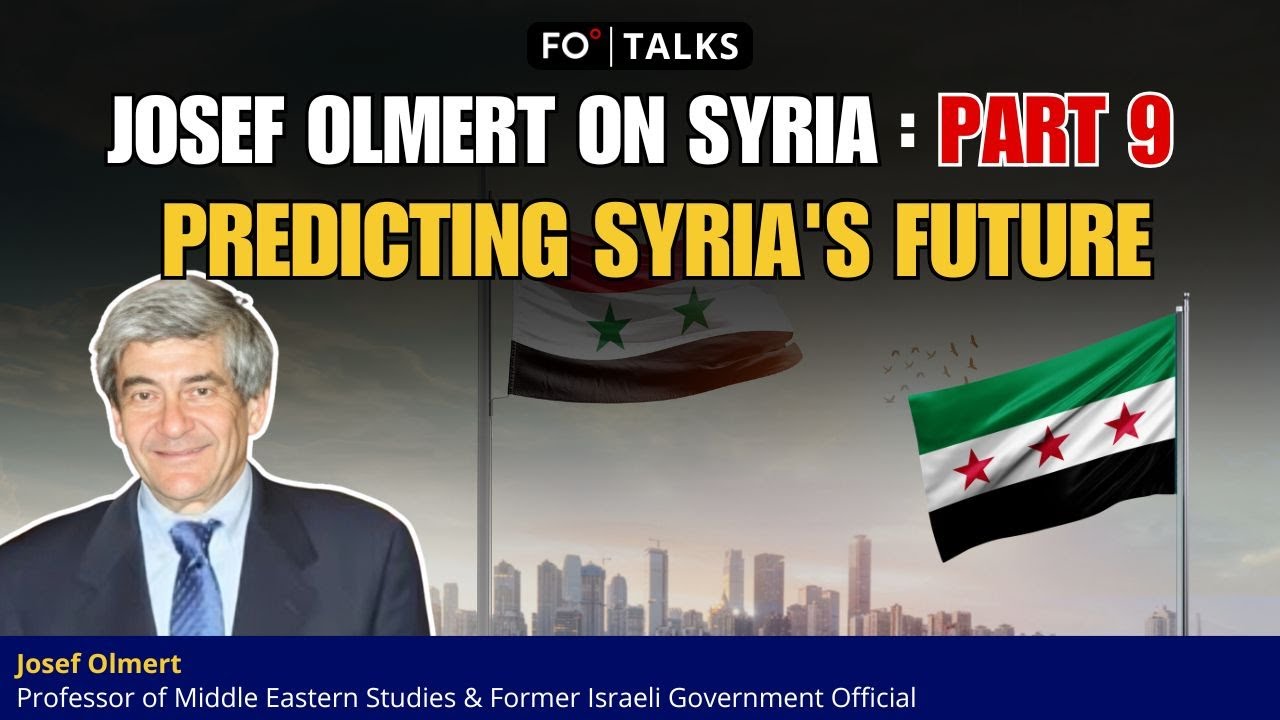




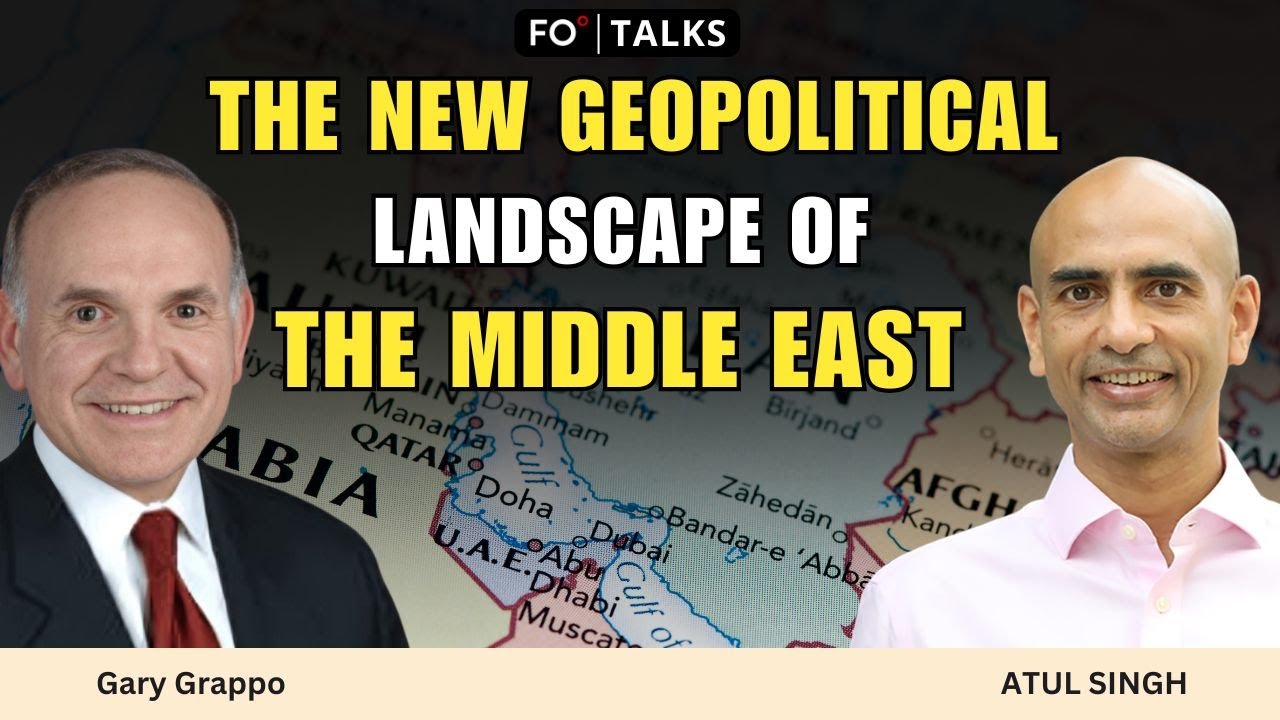




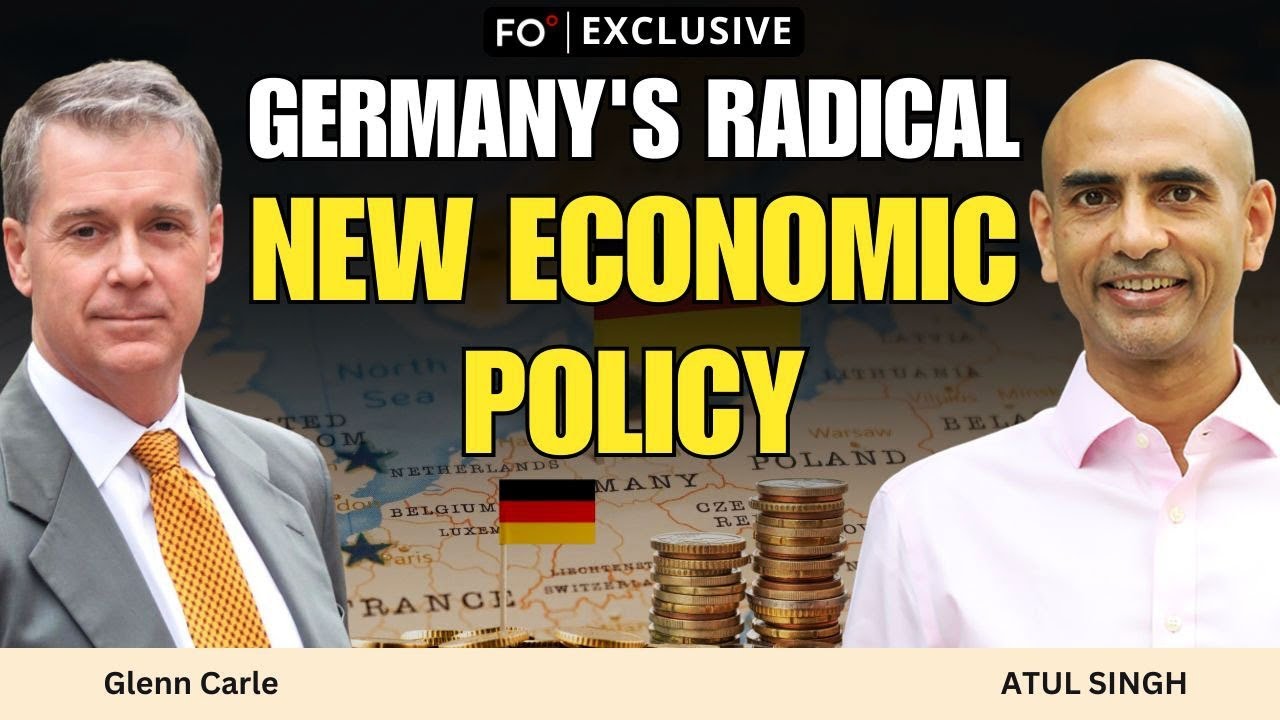
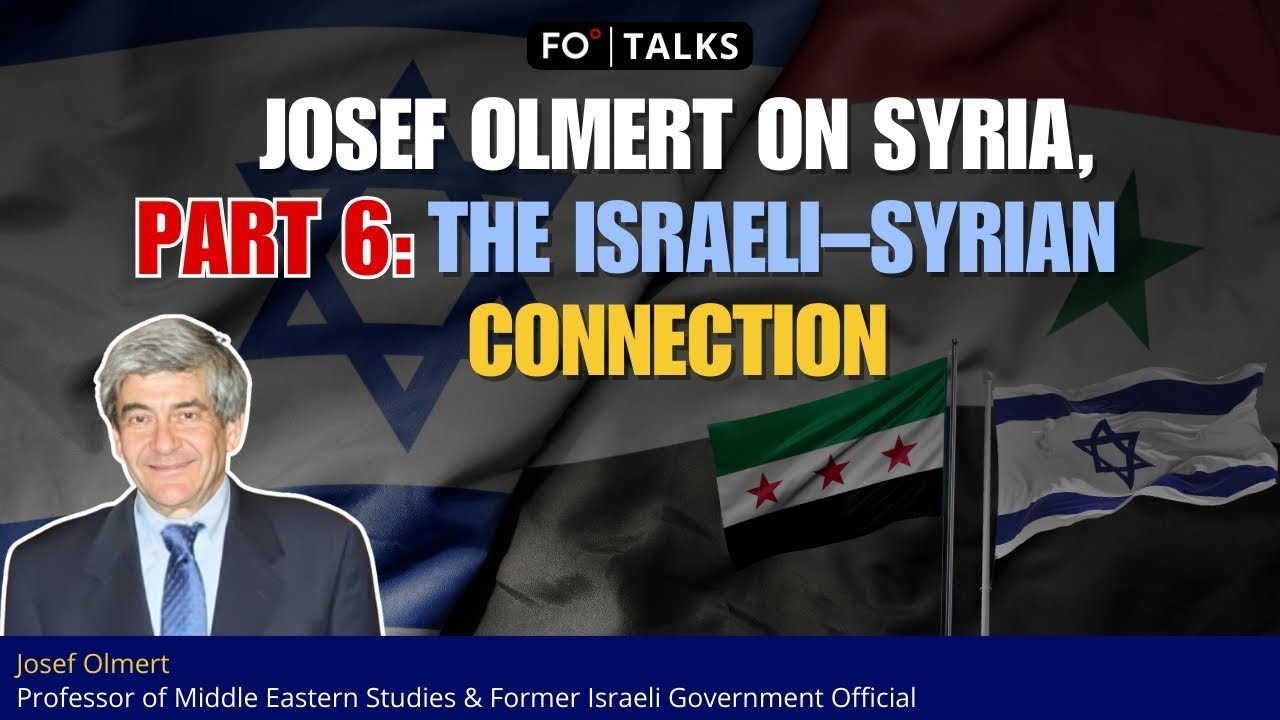
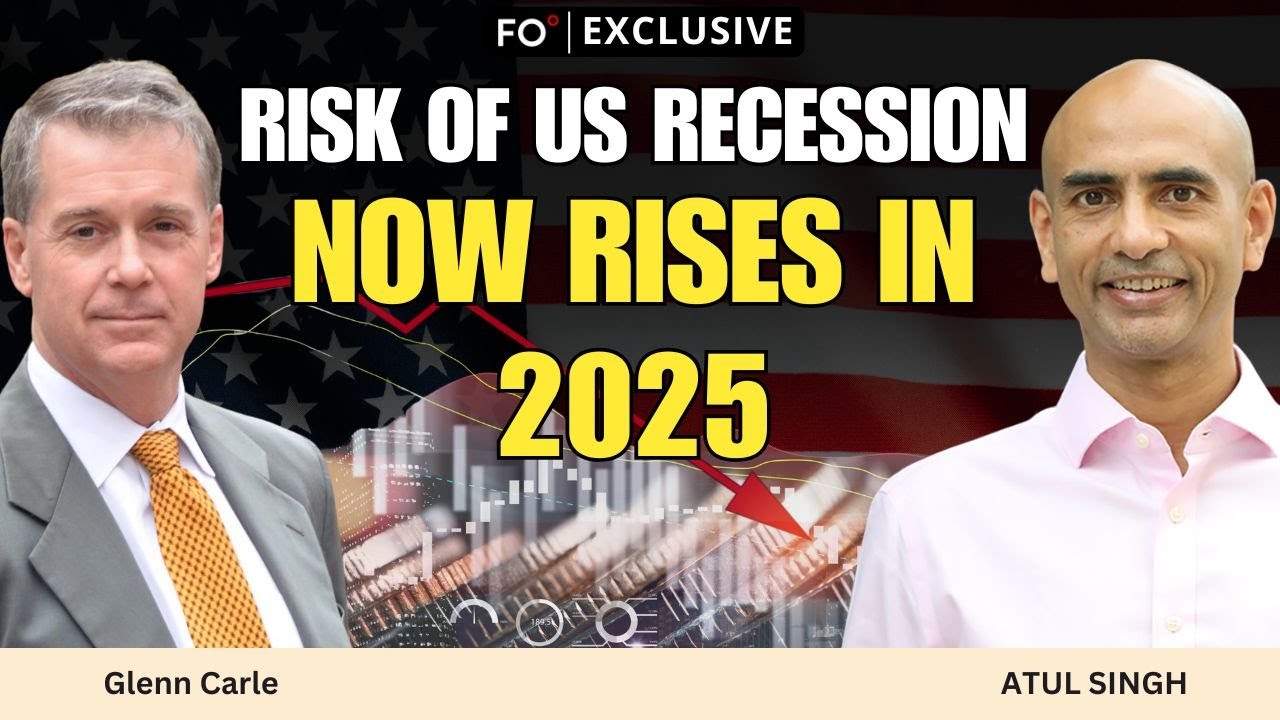


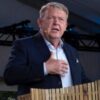
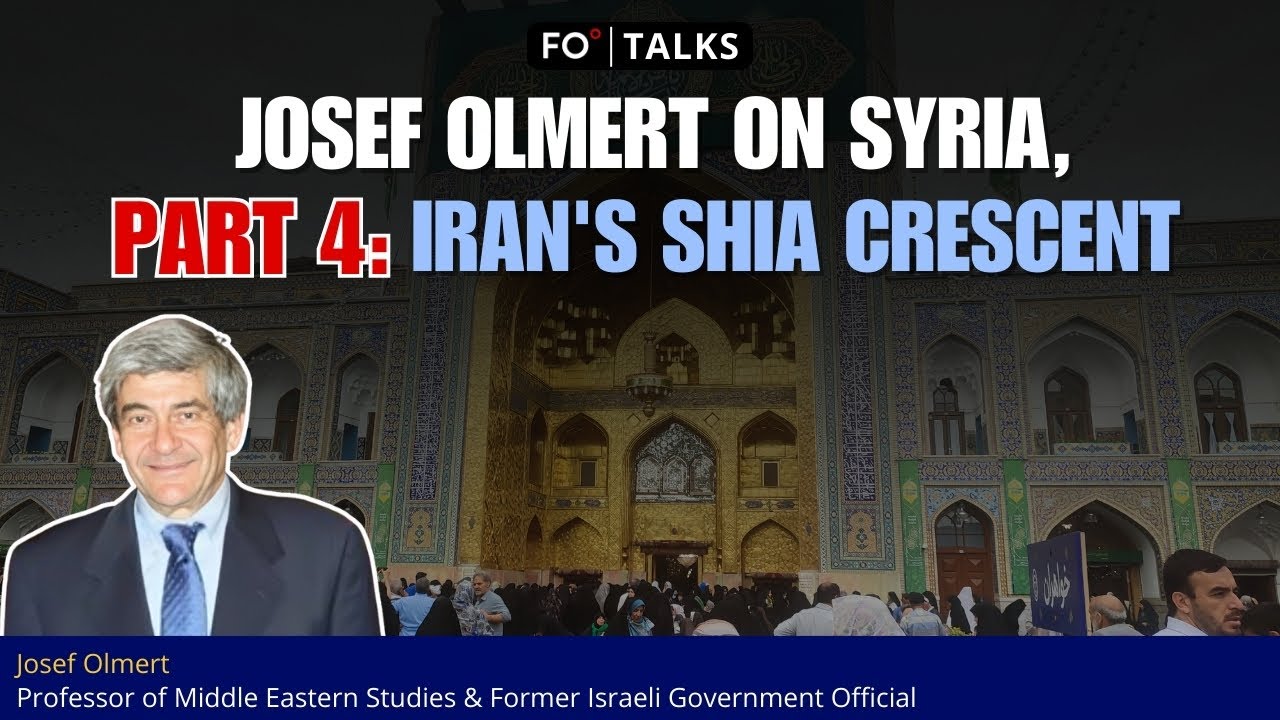

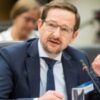









Comment